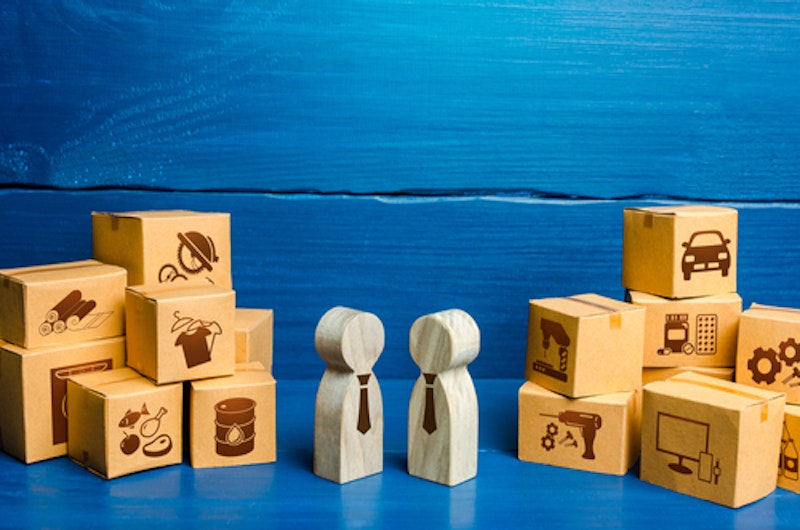Study Notes
Function of Money - What is barter?
- Level:
- GCSE, AS, A-Level, IB
- Board:
- AQA, Edexcel, OCR, IB, Eduqas, WJEC
Last updated 13 Jul 2023
Barter is a system of trade and exchange where goods and services are directly exchanged for other goods and services without the use of money. It is a traditional method of commerce that predates the introduction of currency.

In a barter system, individuals or communities negotiate trades based on the perceived value of the items being exchanged. The exchange is usually bilateral, with both parties agreeing on the terms of the trade.
Barter relies on a coincidence of wants, meaning that both parties must have something the other party desires.
Here are a few examples of when barter might be used as a means of trade and exchange:
- Historical trade: Barter was prevalent in ancient civilizations and societies before the advent of currency. For example, traders in ancient Mesopotamia might have exchanged pottery for food, or textiles for tools.
- Informal economies: In some regions or communities with limited access to formal financial systems, barter can be a common means of trade. People may exchange items like crops, livestock, or handmade goods for other necessary items within their community.
- Online barter platforms: With the rise of the internet, barter has also found a place in online platforms that facilitate exchanges between individuals. These platforms allow users to list items or services they have available for trade and find potential matches with others looking for similar items.
- Business bartering: Some businesses engage in barter transactions as a way to acquire goods or services without using cash. For example, a restaurant owner might trade meals for accounting services, or a hotel might offer room accommodations in exchange for advertising services.
Barter has both advantages and disadvantages.
One advantage of barter is that it can be a way to get what you need without having to use money. This can be especially helpful in times of economic crisis, when people may not have access to money.
Another advantage of barter is that it can be a way to build relationships with other people. When you barter with someone, you are essentially exchanging your goods or services for their trust and goodwill.
However, barter also has some disadvantages. One disadvantage of barter is that it can be difficult to find someone who has something that you want and who also wants what you have.
Another disadvantage of barter is that it can be difficult to determine the value of goods or services. This can make it difficult to agree on a fair trade.
Overall, barter is a system of exchange that has both advantages and disadvantages. It can be a useful way to get what you need without having to use money, but it can also be difficult to find someone who has what you want and who also wants what you have.
You might also like

Origins of Money - To replace taxes not barter
10th April 2017
Zimbabwe's cash cows
18th April 2017
An unusual take on Debt Forgiveness
19th December 2016
De-Monetisation
Study Notes
